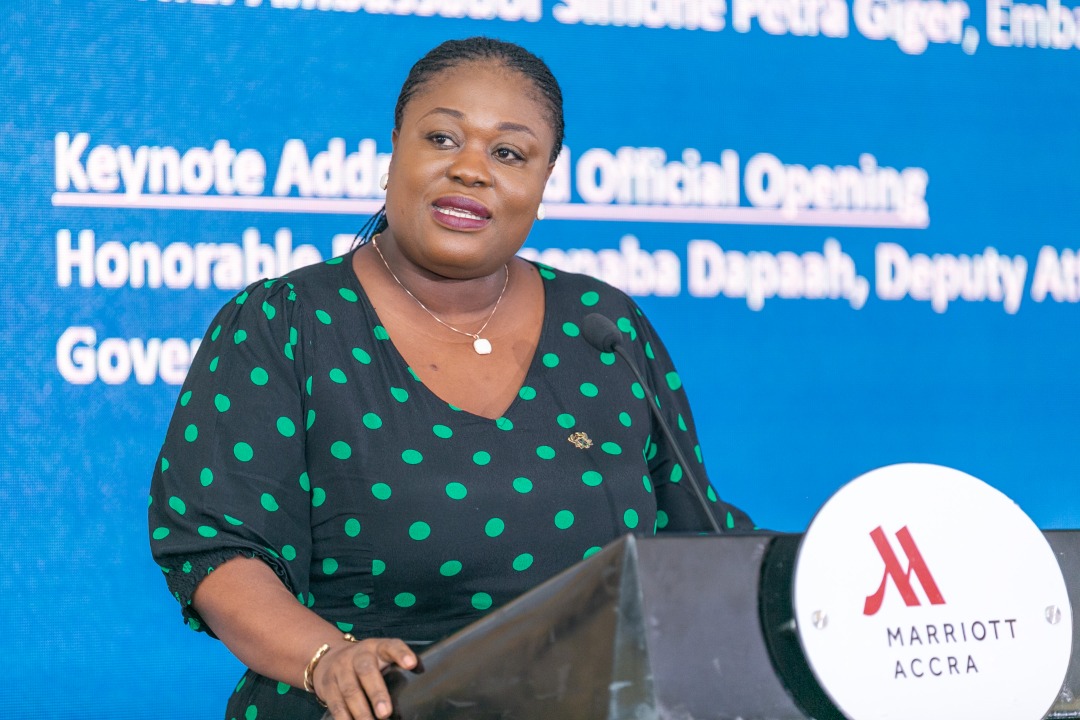


Madam Diana Asonaba Dapaah, a former Deputy Attorney-General and Minister of Justice, says there is no basis for establishing a prima facie case against the Chief Justice in respect of the petitions submitted.
Although Article 146 of the 1992 Constitution provided the framework for dealing with alleged misconduct by the Chief Justice or other justices, she said a critical examination of the petitions revealed no grounds to warrant the establishment of a prima facie case.
Speaking during a televised discussion on Saturday in Accra, Madam Dapaah explained that a prima facie case must meet certain standards, including substantial evidence supporting the allegations.
President John Dramani Mahama suspended Chief Justice Gertrude Araba Sackey Torkornoo on Tuesday, April 22, after a prima facie case was established in relation to three separate petitions calling for her removal.
The decision was made under Article 146(6) of the 1992 Constitution, in consultation with the Council of State. A five-member committee has, however, been formed to probe the allegations.
Madam Dapaah maintained that the petitions, particularly those from the Xavier Group and others, largely contained assertions without evidence and misinterpretations of constitutional procedures.
She cited the petition concerning the Chief Justice’s recommendation to the President on the expansion of the Supreme Court, arguing that such a recommendation was non-binding and constitutionally permitted.
Madam Dapaah said the allegation relating to the Chief Justice’s participation in panel decisions could not constitute grounds for misconduct, adding that Supreme Court decisions were collective and independent, not dictated by the presiding Chief Justice.
Madam Dapaah cautioned against lowering the constitutional threshold for removing a sitting Chief Justice based on unsubstantiated allegations, warning that such practices could erode judicial independence and the sanctity of democratic governance.
She noted the importance of safeguarding the integrity of the judiciary and the due processes outlined in the Constitution, urging Ghanaians to reflect soberly on the matter without politicising it.
Mr Inusah Fuseini, former Ranking Member on the Constitutional, Legal, and Parliamentary Affairs Committee of Parliament, said the process established under Article 146 must be respected to ensure judicial accountability.
He said the Constitution placed an institutional limitation on the exercise of presidential powers in such matters, requiring consultation with the Council of State before a prima facie determination could be made.
Mr Fuseini maintained that the Chief Justice, being the head of the Judiciary, could not be allowed to make a prima facie determination against herself.
He highlighted the need to trust the procedures outlined in the Constitution to safeguard both judicial independence and the rights of the respondent.
Professor Baffour Agyeman-Duah, former United Nations Senior Governance Advisor, noted the importance of protecting the principle of separation of powers and the independence of the judiciary.
He said while citizens had the right to petition, there must be caution when dealing with the removal of top judicial officers to avoid setting bad precedents that could undermine democratic governance.
Prof. Agyeman-Duah suggested that the process should be guided strictly by constitutional provisions to maintain the integrity of governance and promote public trust in democratic institutions.
Mr Oliver Barker-Vormawor, Constitutional Rights and Policy Strategy Advisor at Democracy Hub, said it was important not to dismiss petitions that raised issues of judicial incompetence outright.
He explained that judicial misbehavior or incompetence, if proven, could constitute valid grounds for removal under Article 146 and that any filtering process must be fair and objective.
Mr Barker-Vormawor noted that while the President was ultimately responsible for deciding whether a prima facie case existed after consultation with the Council of State, the process must ensure transparency and integrity.
He cautioned against politicising the matter, stressing that maintaining the integrity of the constitutional process was critical to protecting the judiciary and deepening Ghana’s democracy.
Meanwhile, the New Patriotic Party (NPP) on Wednesday condemned the action, describing it as “absurd and unconstitutional” and an attack on the Judiciary.
The NPP, together with four other parties (Liberal Party of Ghana, National Democratic Party, People’s National Party, and Ghana Union Movement), have declared their intentions to embark on a nationwide demonstration on Monday, May 5, 2025, to protest the suspension of the Chief Justice.
According to the parties the protest was in defense of the country’s Constitutional order and the independence of the Judiciary.
Source: GNA
The post Former Deputy Attorney-General says no basis for establishing prima facie case against Chief Justice appeared first on Ghana Business News.
Read Full Story
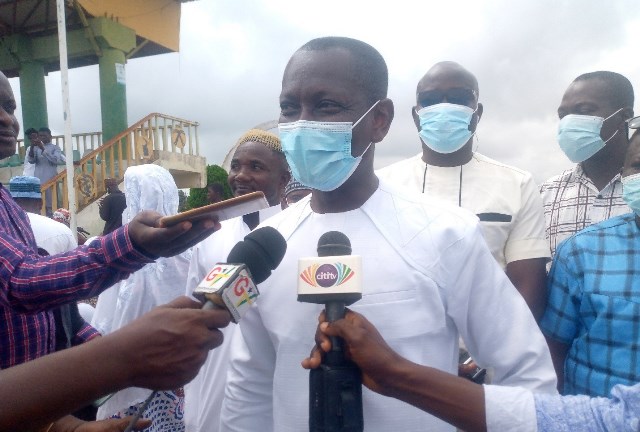

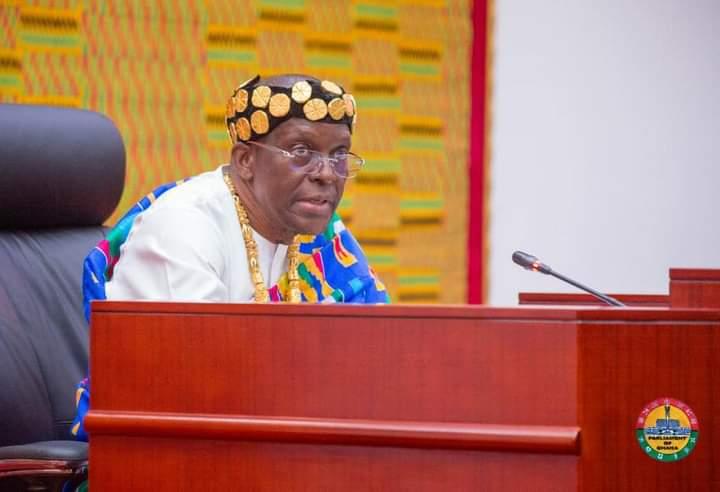
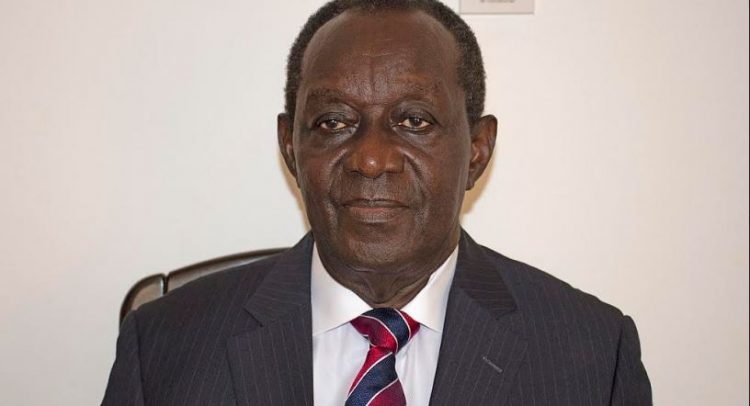
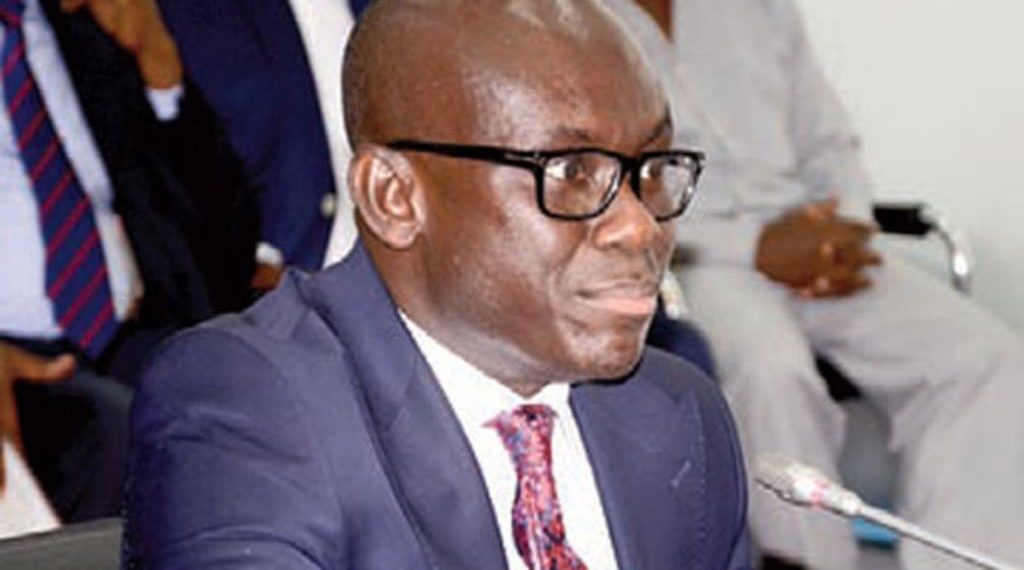
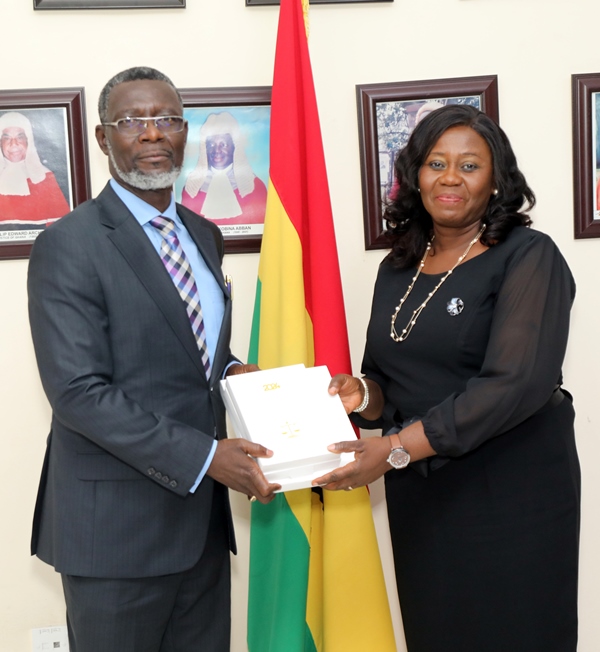
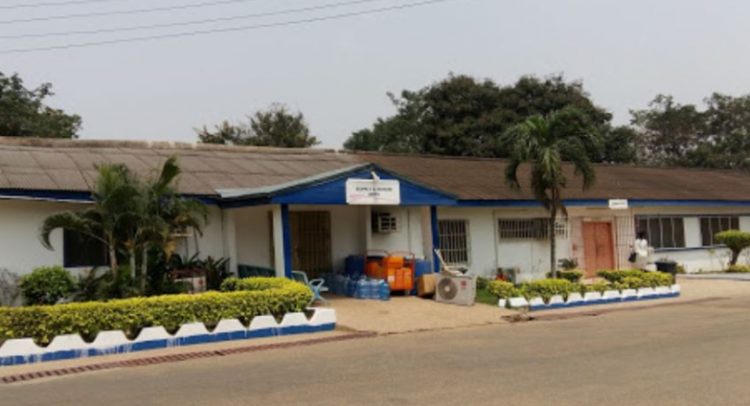
















Facebook
Twitter
Pinterest
Instagram
Google+
YouTube
LinkedIn
RSS